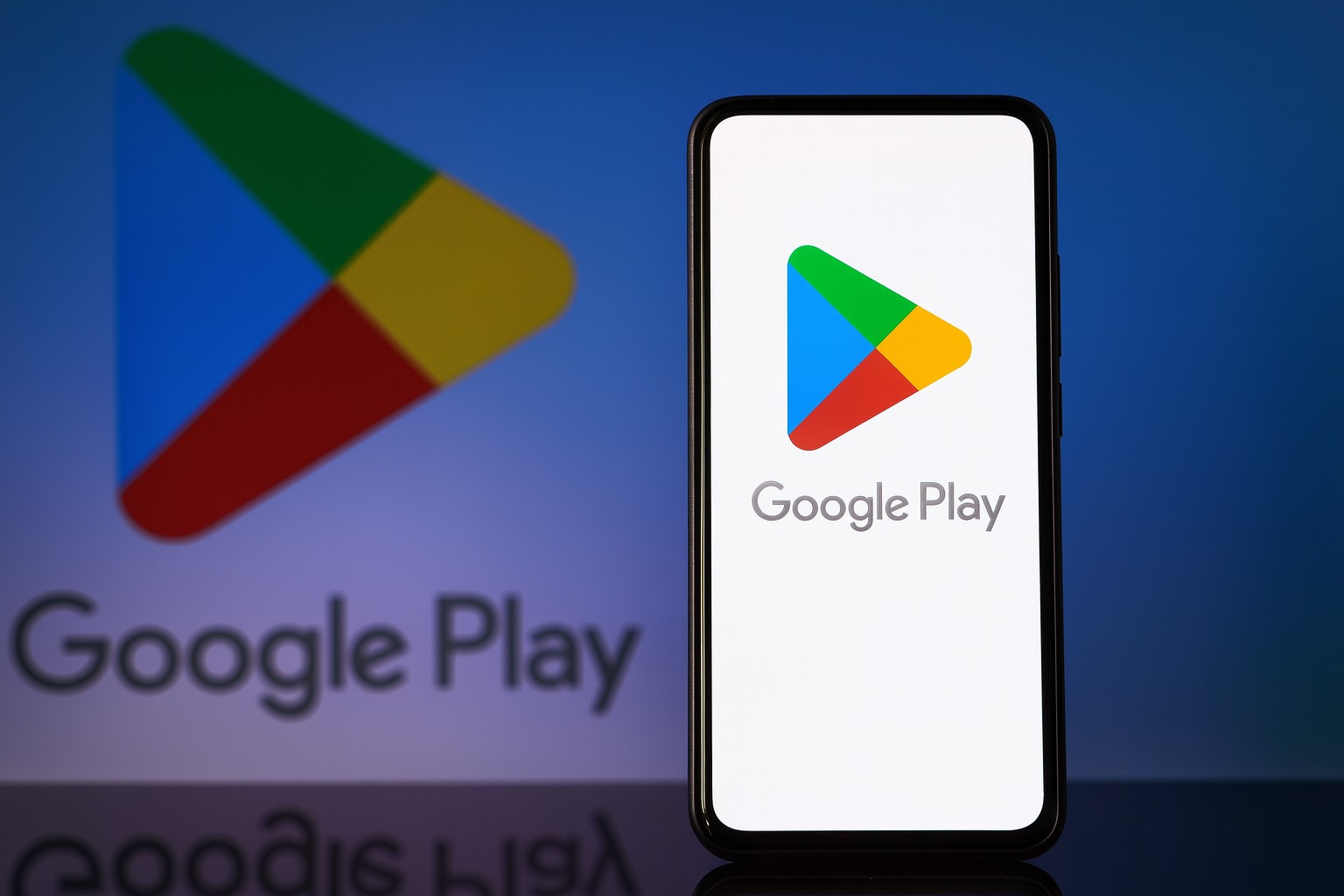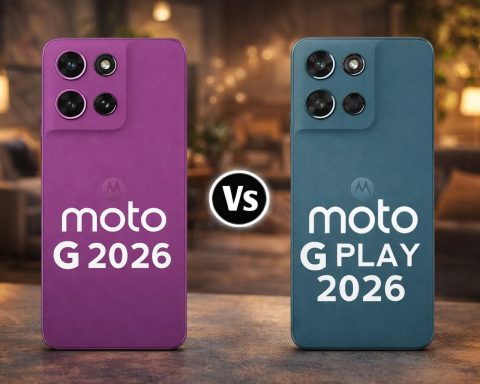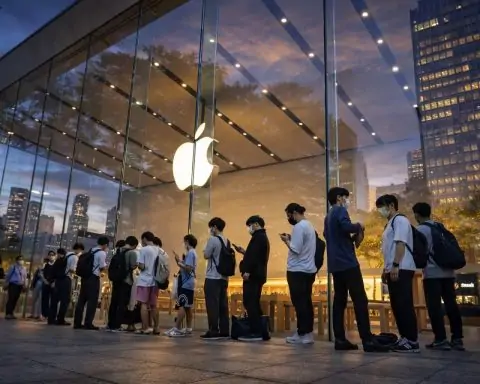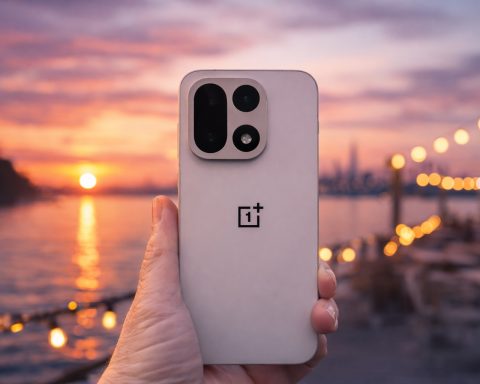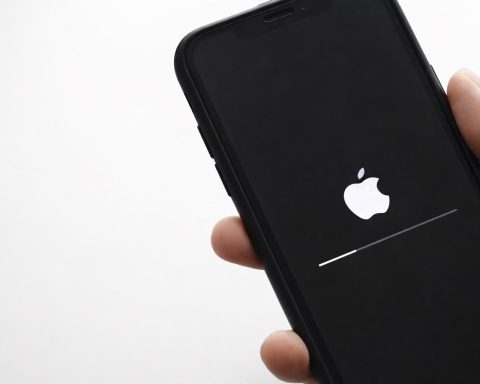- Court order takes effect Oct. 29, 2025: In the U.S., Google must let Android apps offer external billing and app downloads starting Oct 29 [1] [2]. This stems from a permanent injunction in Epic Games’ antitrust case.
- Any payment system allowed: Google’s policy update says it “will not require the use of Google Play Billing” and won’t ban alternative in-app payments [3]. Developers can inform users about cheaper pricing or link to external purchase options [4].
- External links & stores permitted: Apps can now include links to download or pay outside Google Play [5] [6]. Google confirms it “will not prohibit…providing a link to download the app outside the Google Play Store” [7].
- Three-year injunction: These U.S.-only rules last until Nov. 1, 2027 [8] [9], per the court order. Google notes changes apply “only in the United States” and only while the injunction is in effect [10].
- Google appeals: Google lost its appeal in July 2025, and is pursuing a Supreme Court review [11] [12]. For now it says it will comply “while continuing our appeal” [13].
- Epic declares victory: Epic Games CEO Tim Sweeney hailed the ruling as a “total victory,” noting the Epic Games Store will soon launch on Android [14]. He says developers will be “legally entitled” to steer users to outside payments without fees [15].
- Apple had similar ruling: For comparison, a U.S. court in April 2025 ordered Apple to allow external purchase links in its iOS App Store and cut its 27% fee [16]. Google’s changes mirror that move toward more open app marketplaces.
- Legislative push: Meanwhile, U.S. senators introduced an “Open App Markets Act” in June 2025 to force fair app-store rules for Google and Apple [17], reflecting broader antitrust scrutiny.
Google’s Play Store is undergoing a dramatic shift after a federal judge’s antitrust injunction in Epic Games v. Google. The change means that, starting Oct. 29, 2025, Android apps distributed via Google Play in the United States can offer their own payment systems and link to alternative download or purchase pages. As Google’s own policy page explains, it will “not prohibit a developer from communicating with users about the availability or pricing of an app outside the Google Play Store,” nor ban links to external downloads or transactions [18]. In other words, apps can tell users about cheaper prices or payment options off Google’s platform. Crucially, Google Play Billing is no longer mandatory – developers are “not required to set a price based on whether Google Play Billing is used,” and they may use any in-app payment system [19]. These updates override previous Play Store rules, but apply only in the U.S. and only while the court’s order stands [20].
This upheaval stems from Epic Games’ antitrust victory over Google. In an earlier trial (Nov–Dec 2023), a jury found that Google’s App Store and payment rules unlawfully monopolized Android app distribution. In July 2025 the Ninth Circuit appeals court upheld that verdict, ordering remedies including ending Google’s bans on third-party app stores and payment methods [21] [22]. Android Authority explains: after losing its appeal, “Google will now have to overhaul its app store policies,” including “letting third-party app stores onto its platform” [23]. The federal judge’s permanent injunction tasks Google with allowing alternative billing and external links in apps by Oct. 2025, and requiring Google to let users download rival app stores via the Play Store by July 2026 [24] [25].
Google pushed back on the court’s order. Vice President Lee-Anne Mulholland warned the ruling would “harm user safety, limit choice, and undermine [Android] innovation” [26], and the company has appealed to the Supreme Court. On Oct. 6, 2025 the Supreme Court refused to pause the injunction [27], so the deadlines stood. Google reiterated that it must balance compliance with its “SAFE” standards: as its official update states, “user trust and safety remains at the center of what we do” even while implementing the changes [28]. The company said it plans to appeal further (it has sought review by the Supreme Court) and continues to warn that forced app-store changes could introduce security risks.
Reactions have split along expected lines. Epic Games CEO Tim Sweeney hailed the appeals court ruling as a “total victory,” and announced that the Epic Games Store for Android will soon appear on Google Play [29]. He told investors that developers will be “legally entitled” to steer Google Play users to out-of-app payment options without Google’s fees or “scare screens” [30] [31]. Game publishers and payment companies are also optimistic: this could save popular apps like Fortnite, Netflix or Spotify millions in fees by letting them charge users directly.
Developer groups, by contrast, have been cautious. The independent Developers Alliance said the court’s remedies are “misguided.” Board Chair Jake Ward warned that by ending Google’s controls, the ruling “handed Apple complete dominance of the app market on a silver platter,” and that forcing Google to host third-party stores or external links could “jeopardize the trust and value” in Android [32] [33]. In other words, some fear that the changes could fragment the ecosystem or expose users to unvetted software. These are the same security concerns Google has raised: in filings it argued that letting apps link to outside stores would allow malware to spread more easily, undermining the vetted nature of the Google Play catalog.
Still, many developers and analysts see a net benefit for competition and consumer choice. By allowing “game-changer” flexibility, the Play Store will resemble Apple’s recent policy shift. In April 2025, a court forced Apple to let developers include links to external payment systems and limit App Store fees [34]. Today’s Google changes similarly let Android apps notify users of discount offers or let them buy content outside Google’s cut. Google’s own announcement notes it will detail new requirements “to preserve user trust and safety” soon, based on community feedback [35]. Meanwhile, Congress is watching: a bipartisan “Open App Markets Act” introduced in June 2025 would cement such rules into law, aiming to curb what senators called the “unaccountable gatekeepers” of mobile app stores [36].
What happens next: Google must now implement the changes on Oct. 29, 2025 and prepare for the next phase. By mid-2026, additional provisions kick in: Android users must be able to download competing app stores and access Google’s app catalog through other front-ends [37]. Google has already begun updating its Play Store policies and developer documentation in preparation. The company also intends to take the case to the Supreme Court, with petitions due by late October. If the high court rejects Google’s appeal (as it did in Epic’s related Apple case [38]), the injunction will proceed. If instead Google wins a stay, it could pause the roll-out indefinitely.
In sum, Epic’s legal battle has forced a major redesign of Android’s app marketplace – at least in the U.S. As of late October 2025, Android developers can finally “play by their own rules” on Google Play, offering payment and distribution options beyond Google’s system. The full impact — on app security, on pricing, and on Google’s $10–15 billion app fees – will play out over the next months as the tech ecosystem adapts to the new openness [39] [40].
Sources: Court filings and news reports in Reuters, The Verge, Android Authority, and industry press [41] [42] [43] [44] (Google’s official policy statements are also cited). These sources detail the court orders, policy changes, and expert commentary surrounding the Epic vs. Google case.
References
1. support.google.com, 2. www.gadgets360.com, 3. support.google.com, 4. support.google.com, 5. support.google.com, 6. www.pocketgamer.biz, 7. support.google.com, 8. www.pocketgamer.biz, 9. support.google.com, 10. support.google.com, 11. www.androidauthority.com, 12. www.reuters.com, 13. www.reuters.com, 14. www.androidauthority.com, 15. www.reuters.com, 16. www.gadgets360.com, 17. www.blackburn.senate.gov, 18. support.google.com, 19. support.google.com, 20. support.google.com, 21. www.androidauthority.com, 22. www.androidauthority.com, 23. www.androidauthority.com, 24. www.reuters.com, 25. www.reuters.com, 26. www.androidauthority.com, 27. www.reuters.com, 28. support.google.com, 29. www.androidauthority.com, 30. www.reuters.com, 31. www.androidauthority.com, 32. www.androidauthority.com, 33. www.androidauthority.com, 34. www.gadgets360.com, 35. support.google.com, 36. www.blackburn.senate.gov, 37. www.reuters.com, 38. www.gadgets360.com, 39. www.reuters.com, 40. www.androidauthority.com, 41. www.reuters.com, 42. support.google.com, 43. www.androidauthority.com, 44. www.pocketgamer.biz
